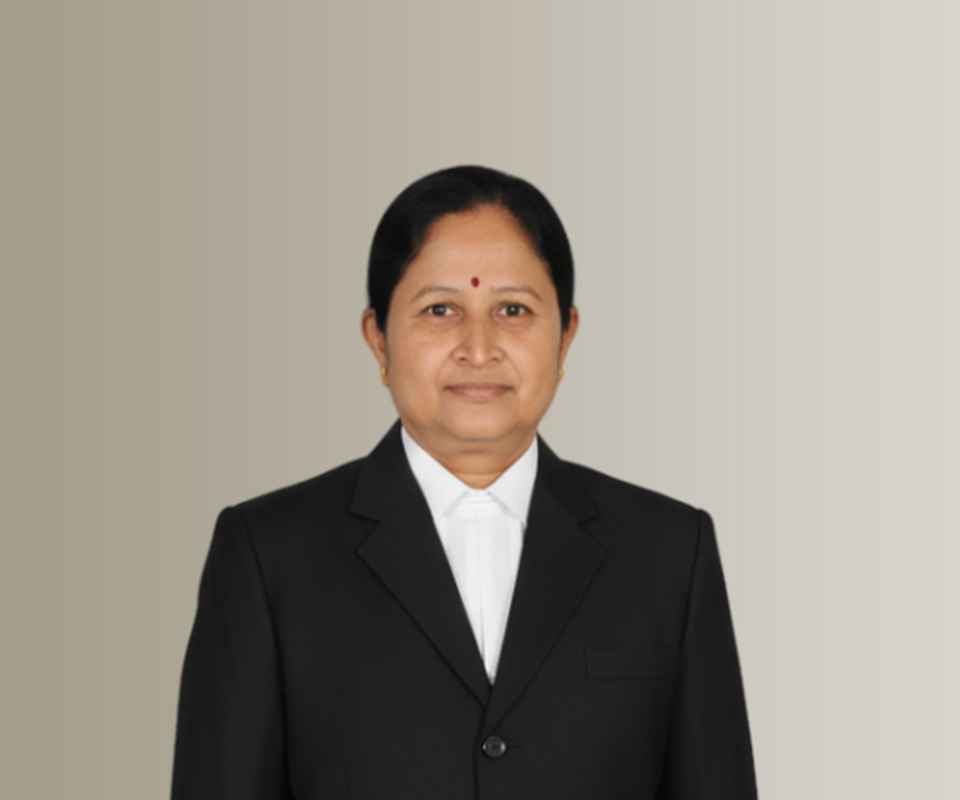Answer By law4u team
Mental illness can complicate the legal proceedings in domestic violence cases. While mental health conditions may affect the abuser’s capacity to understand or control their actions, Indian law sets clear standards for criminal responsibility. Courts require proper psychiatric evaluation to determine if mental illness impairs legal culpability.
Mental Illness as a Legal Defense in DV Cases
Legal Framework
Under the Indian Penal Code (IPC), Section 84 provides a defense of unsoundness of mind if the accused was incapable of knowing the nature of the act or that it was wrong at the time of the offense.
This defense must be supported by medical/psychiatric evidence.
Evaluation by Courts
Courts rely on expert psychiatric assessments to evaluate mental condition.
Temporary or minor mental health issues rarely absolve responsibility unless they cause total incapacity.
Criminal Liability
If the abuser is found legally insane, they may be acquitted of criminal charges but can be subjected to treatment or institutionalization.
If mental illness is partial or does not impair understanding, usual criminal proceedings continue.
Protection of Women from Domestic Violence Act (PWDVA)
PWDVA focuses on protection and relief for survivors rather than punishment of abusers.
Mental illness does not exempt the abuser from civil orders like protection or residence orders.
Balancing Justice and Care
Courts strive to balance survivor safety with fair treatment of mentally ill abusers.
Orders for counseling, therapy, or treatment may accompany protection orders.
Practical Considerations
- Survivors should report abuse regardless of abuser’s mental state.
- Mental illness claims should be substantiated by credible medical reports.
- Legal aid and mental health professionals can assist in navigating such cases.
- Treatment and rehabilitation can be part of legal outcomes.
Example
An abuser diagnosed with bipolar disorder assaults the survivor during a manic episode.
Legal Process:
Psychiatric evaluation is conducted to assess the abuser’s mental state at the time of the offense.
If found legally insane, the court may order hospitalization and treatment instead of criminal punishment.
Protection orders remain in effect to safeguard the survivor.







